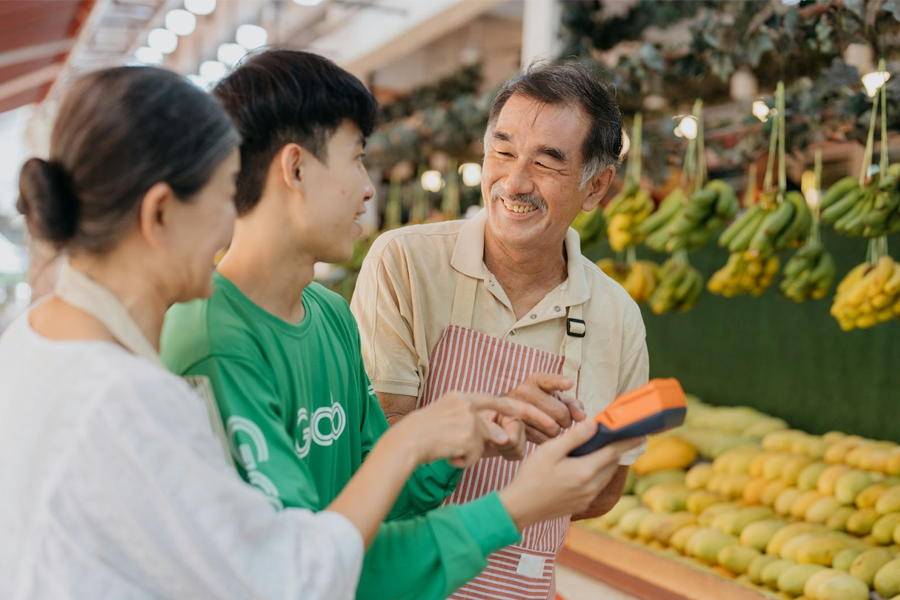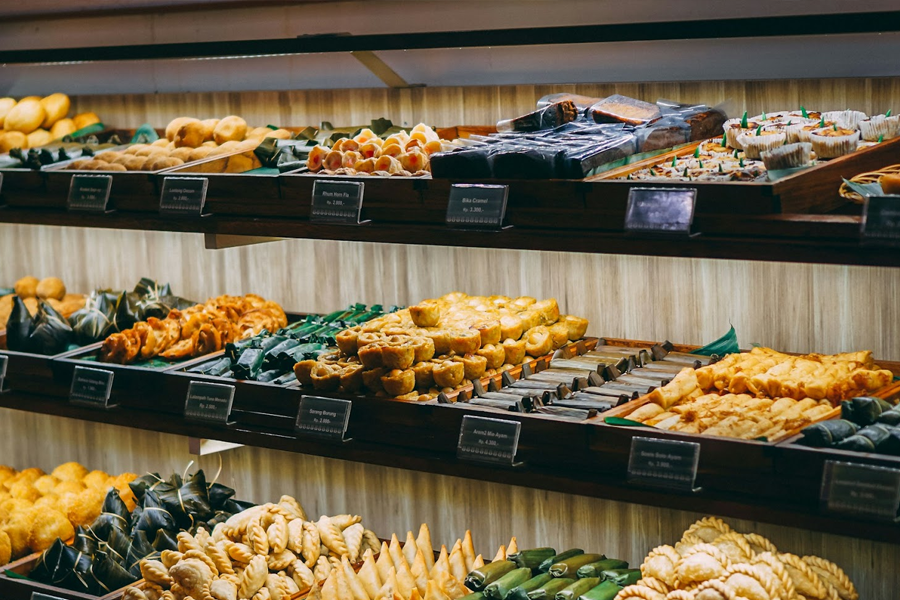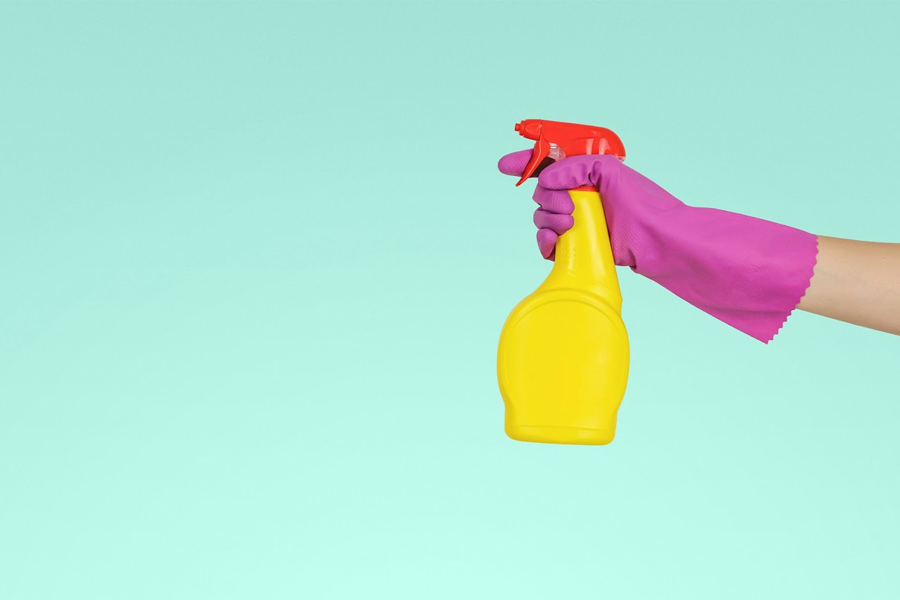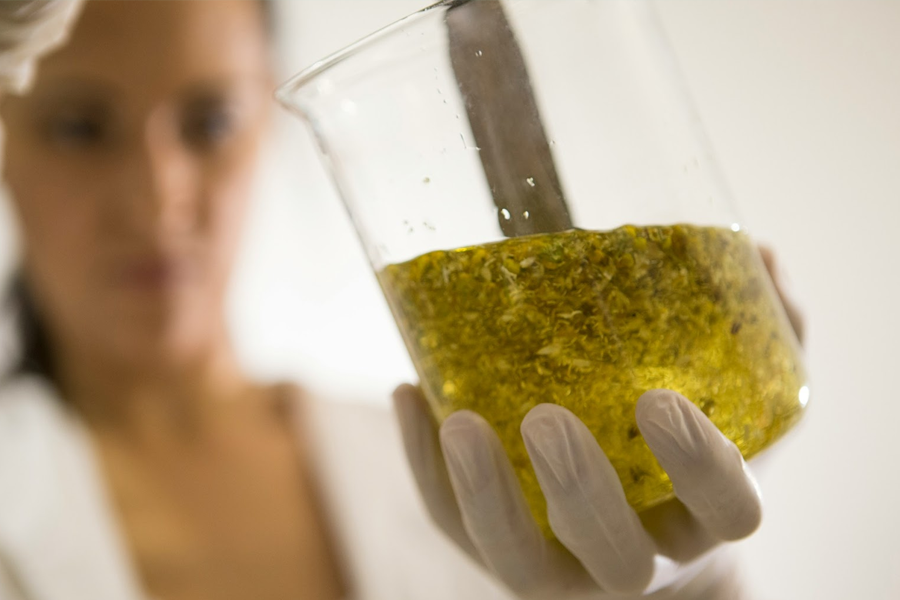Indonesia takes its product safety regulations pretty seriously. These laws and policies are changed from time to time and sometimes, they are adjusted without informing the public.
So, if you want to start offering your own products or bringing goods to Indonesia, here’s everything you need to know about its product safety regulations.

What Are the Product Safety Regulations in Indonesia
According to the Asia Pacific Food Law Guide, Indonesia’s food regulation is governed by Law No. 18/2012 on Food or “Food Law.” This law establishes the basic legislation on food as the most important human need.
The Food Law states that the fulfillment of food is a part of human rights as guaranteed in the 1945 Constitution of the Republic of Indonesia. It also says that the government has the obligation to ensure that the food in Indonesia is sufficient, safe, and nutritionally balanced.
Meanwhile, the food quality is governed by GR 28 (Government Regulation No. 28/2024 on Food Safety, Quality, and Nutrition). GR 28 regulates food sanitation, additional ingredients, food modification, food packaging, food quality certification, food contamination, etc.
Meanwhile, other goods are regulated separately from food:
- Law No. 26/2009 on Health: Regulates medicines and therapeutic products.
- President Regulation No. 74/2013 on the Alcoholic Beverages Control and Supervision: Focuses on alcoholic beverages.
- Consumer Protection Law (Law No. 8/1999 on Consumer Protection): Seeks to lay out principles for the protection interests of consumers. It also governs food distribution.
These are just some of the product safety regulations implemented by the Indonesian government. Although they usually change, you still need to strictly follow them if you want to continue your business.

Product Safety Compliance
Businesses in Indonesia need to comply with various laws and policies. Through its Ministry of Industry and other regulatory bodies, the Indonesian government established comprehensive product safety regulations.
These policies are not only legal requirements but are also a strategic imperative since they safeguard consumers’ health and well-being. Indonesia takes product safety compliance seriously by implementing regulations across numerous sectors.
Firms in the electronics, food, and pharmaceutical industries must obtain necessary certifications, such as SNI (Indonesian National Standard). They also need to adhere to specific labeling requirements.
Since the regulatory landscape of Indonesia is quite complicated, many businesses seek help from local expert consultation services to ensure compliance. Doing this helps them effectively collaborate with Indonesian regulatory agencies.
Product safety compliance is very crucial for Indonesia since it doesn’t only protect consumers, but also enhances brand reputation and competitiveness in its consumer sectors.
In short, product safety compliance in Indonesia is more than just a legal obligation. It is also a strategic effort for businesses that want to succeed in the country.

Impact on Product Development
TUV SUD, a safety solutions provider in Indonesia, explained that the country’s product safety guidelines ensure safety, reduce injury risks, and improve quality of life.
Thanks to these laws and regulations, Indonesia’s product development is greatly enhanced. They influence almost every process in productions, such as design, testing, marketing, and distribution.
Here is what their influence covers:
- Design: Businesses are required to conduct risks assessments, use materials that meet safety standards, integrate safety features, etc.
- Testing: Companies invest in testing procedures to make their products meet safety standards before entering Indonesia’s market.
- Marketing: Businesses needed to provide safety information through labeling and marketing materials. This allows Indonesians to completely understand what they are consuming.
Complying with Indonesia’s product safety regulations is not a walk in the park. But, if you can do it right, you will not only ensure your consumers’ safety, but also help your business grow.
Labeling and Documentation Requirements in Indonesia
Labels and documentation requirements are among Indonesia’s product safety measures. Safety labels have three main goals: allow companies to comply with their market codes and regulations, provide legal defense in case of accidents, and disclose hazards.
Following documentation requirements is also crucial for local businesses and companies that want to operate in Indonesia. They must register their products with relevant authorities before distributing or selling their goods.
Indonesia requires all businesses to use labels that are written or printed in the Indonesian language, Latin letters, and Arabic numbers.
On the other hand, labeling should not contain the following:
- Misleading information;
- Comparisons to other products and competitors;
- Promotion of certain similar products;
- Claims regarding the product’s effects on health;
- Any information that hasn’t been approved by the Indonesian regulators.
Labeling and documentation requirements will vary depending on the product that you plan to sell in Indonesia.
Since food is a basic necessity, let’s check its’ labeling requirements:
- Name of the product;
- A list of materials used;
- The net content or net weight;
- The manufacturer’s name and address (It also goes with importers);
- The expiration date.
Because labeling and documentation requirements are considered safety measures, they will not only make your business more trusted but will also ensure your consumers’ safety.
Product Testing and Certification
Indonesia requires businesses to have certifications to prove their products are safe for consumer consumption. They can do this by undergoing product safety tests.
Companies need to follow manufacturing protocols to ensure safety testing. Once they achieve quality assurance, they can receive certificates from third-party organizations.
Don’t get confused, product testing can be voluntarily done by manufacturers to show that their goods are safe for use/consumption. Meanwhile, certificates are usually provided by Indonesian regulators.
Here are the main Indonesian product safety certifications you need to know:
- Halal Certification: The certificate proving that food, beverages, cosmetics, and medicines are produced in a halal way.
- SNI or Indonesian National Standard: It provides an assessment that recognizes the quality of a product. SNI confirms that the goods complied with the requirements in Indonesia.
- HACCP Certification: The Hazard Analysis and Critical Control Points certificate determines food safety hazards. The HACCP certification also implements controls to ensure products are safe for consumption.
- SPP-IRT: SPP-IRT or the Home Industry Food Product certification focuses on food and beverages that are sold in retail stores and used in households. To qualify for it, businesses must first ensure that their business place is allowed to merge with the residential place. Then, they use manual to semi-automatically production processes to produce food.
To avoid any problems, you need to follow the suggested tests and acquire the needed certifications.

Recall Procedures and Reporting
Indonesia’s product safety regulators take quality assurance standards pretty seriously. This is why officials require businesses to conduct product recalls when they don’t meet QA standards.
BPOM or the Food & Drugs Supervisory Agency can either require a national level or a local level recall. Commonly, products that don’t meet mandatory standards are destroyed so Indonesians can no longer consume them.
If the products negatively affect consumers’ health, businesses are required to report them. They must inform the nearest medical unit regarding incidents involving their products.
These medical service units will then report the events to the municipal service that’s in charge of health affairs. They also need to report them to BPOM.
Although there’s no regulation requiring manufacturers or importers to immediately make reports to BPOM, Indonesian officials highly suggest it. Doing this would show your business is acting in good faith.
International Product Safety Regulations
Indonesia adheres to numerous international product safety regulations that are in line with global standards and practices, such as the following:
- ISO: Indonesia follows the International Organization for Standardization, which covers product quality, safety, and management systems.
- WTO: Since it’s a member of the World Trade Organization, the country adheres to agreements, such as TBT (Agreement on Technical Barriers to Trade. It also follows SPS (Agreement on SAnitary and Phytosanitary Measures).
- UNECE: Indonesia participates in UNECE activities that are related to product safety regulations, especially regarding automotives.
Aside from these, Indonesia also adheres to the international product safety regulations of the Codex Alimentarius Commission and IPR (International Agreements on Intellectual Property Rights).
Supply Chain and Vendor Compliance
Indonesia’s supply chain begins with vendor compliance measures by adhering to regulations set by product safety regulators. They need to conduct rigorous tests, acquire certifications, and do documentation before selling to consumers.
When all vendors comply with product safety requirements, the supply chain can ensure transparency and accountability at all business stages. These include production, product distribution, marketing, etc.
By prioritizing product safety, the Indonesian supply chain can protect consumer health and foster trust and confidence internationally and locally.
Penalties for Non-Compliance in Indonesia
Penalties for not complying with product safety regulations and requirements vary depending on the kinds of products and regulatory agencies.
For example, when your business has violations in the field of processed food, here are the penalties you will face:
- Temporary distribution prohibition;
- Food recall from the market;
- Food extermination if your product is proven to endanger health and lives;
- Temporary production cessation;
- Possible revocation of production approvals, business licenses, and production licenses.
These are just some of the penalties you could face if you can’t comply with the country’s product safety laws and requirements. This is why it would be best to ask for assistance from trusted safety solutions providers.
Consumer Education and Awareness
Indonesia’s product safety regulations include educating consumers and making them completely aware of the products they will consume. Government agencies, industry stakeholders, and consumer protection organizations all work together to make this possible.
This is why Indonesian regulators and agencies launch education campaigns. Doing this emphasizes the importance of understanding product ingredients, reading labels, and recognizing safety certifications.
Encouraging consumer education and awareness can help many reduce incidents, such as consumer harm, and encourage consumers to report unsafe products. This can also improve the overall market transparency.
How to Ensure Continuous Compliance
Product safety compliance is greatly valued by the Indonesian government.
This is why your business should know the best practices to ensure continuous compliance with product safety regulations and rules:
- Always stay updated because product safety regulations in Indonesia tend to change from time to time.
- Ensure robust quality control measures to meet safety standards.
- Make sure that your employees are well-trained in product development, manufacturing, and distribution.
- Regularly conduct internal audits.
- Collaborate closely with suppliers to ensure raw materials meet safety requirements.
- Make efforts to receive and address consumer complaints.
Following these product safety compliance practices will ensure that your business can offer products that are safe for consumption.
Frequently Asked Questions
What is Indonesia’s product standard?
Indonesia’s product standard is SNI, which is set by the National Certification Body (BSN). Every product manufactured and imported to Indonesia should comply with SNI.
What products is Indonesia famous for?
Indonesia is well known for its natural gas and crude petroleum since it’s a major exporter of these products.
What is a food safety standard?
Food safety standards are rules and regulations established by governments to ensure the food supply chain’s quality and safety.